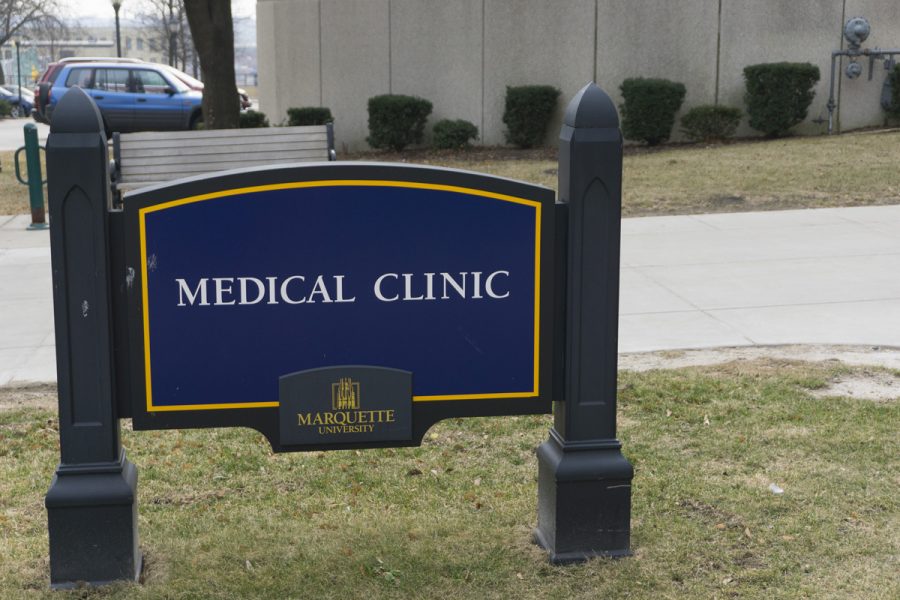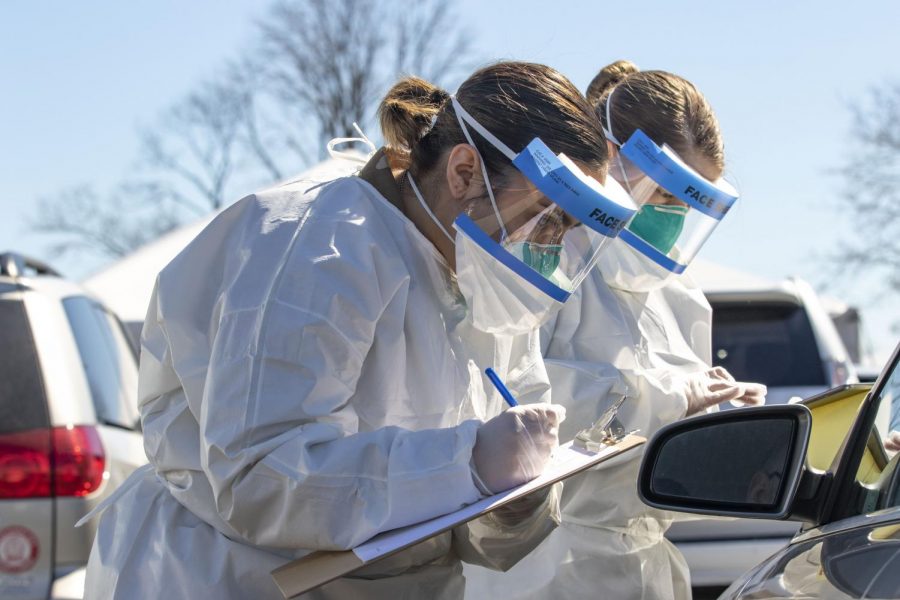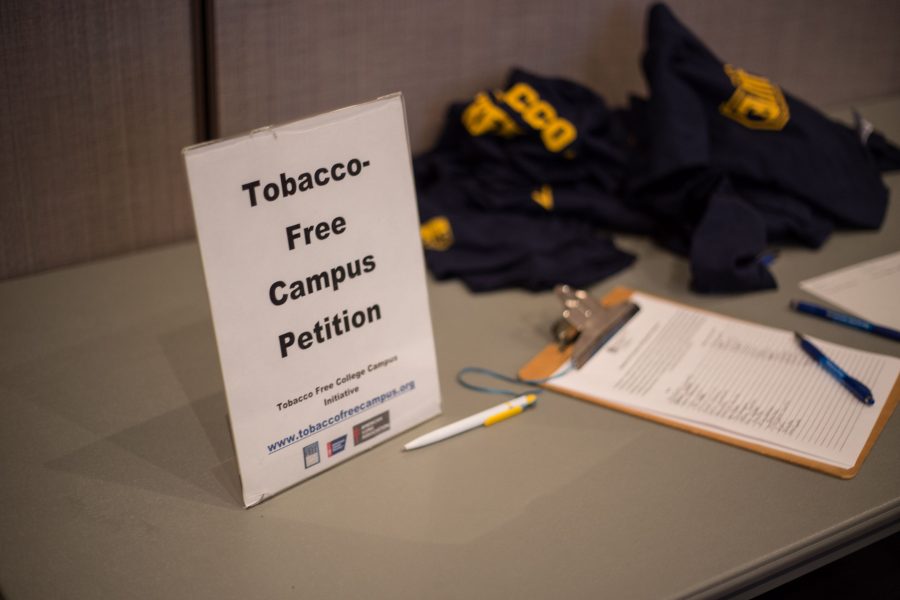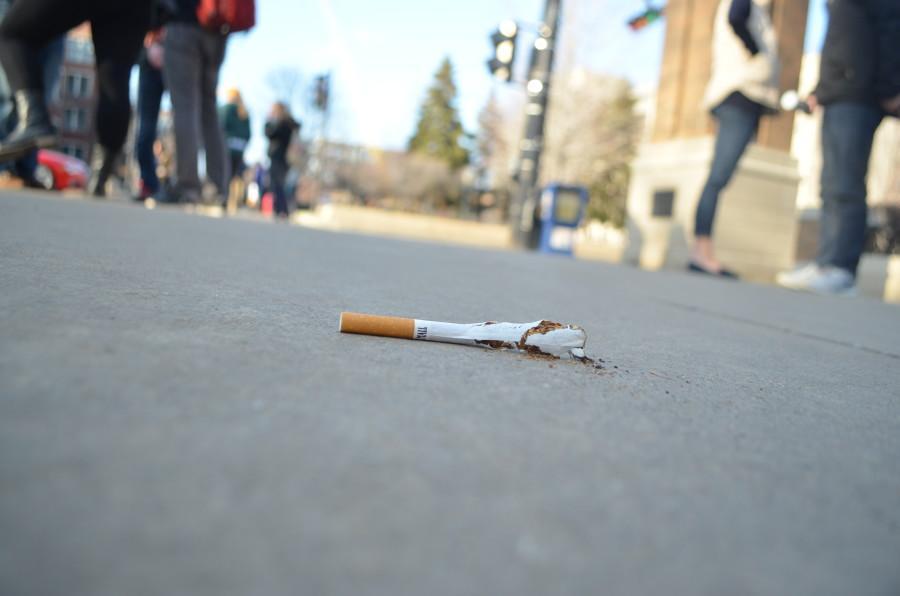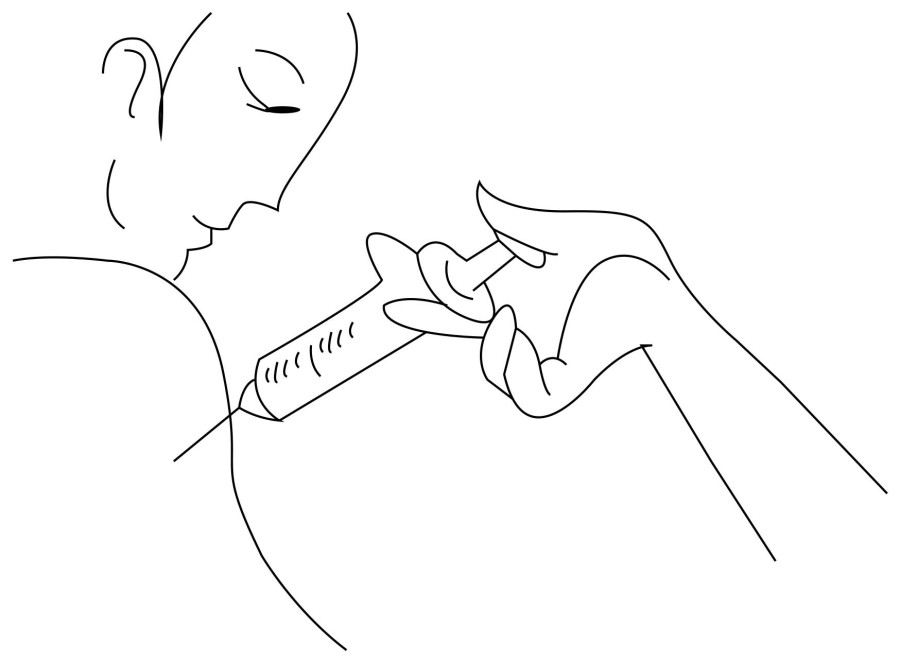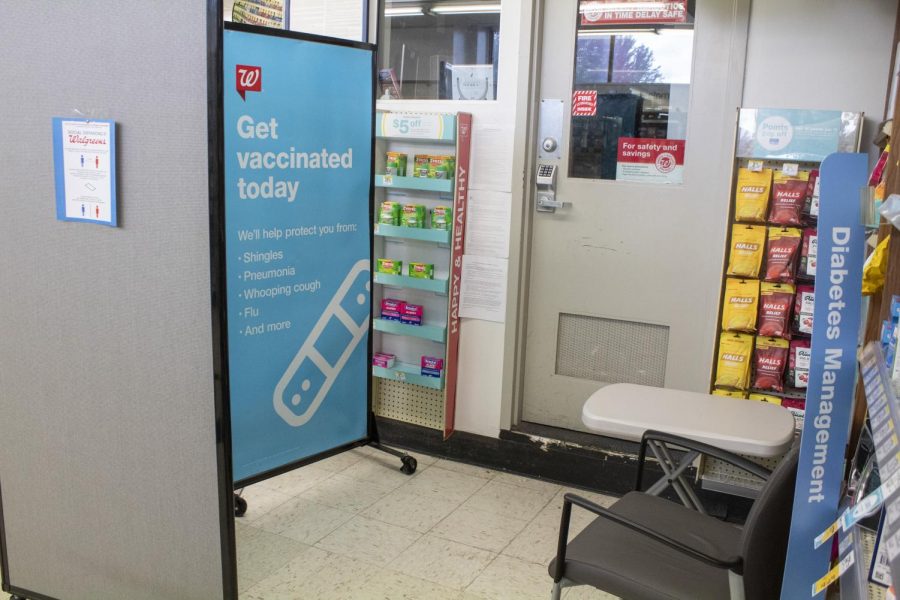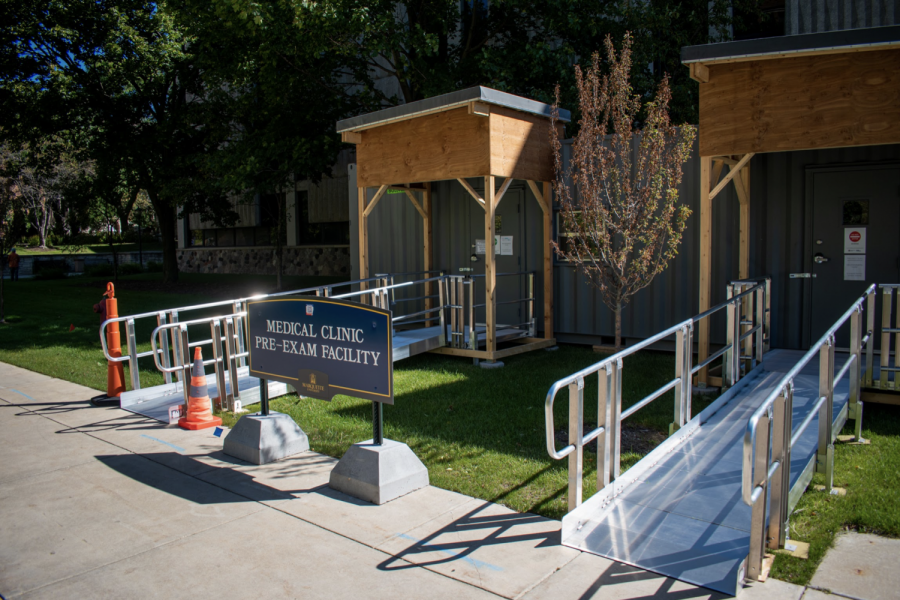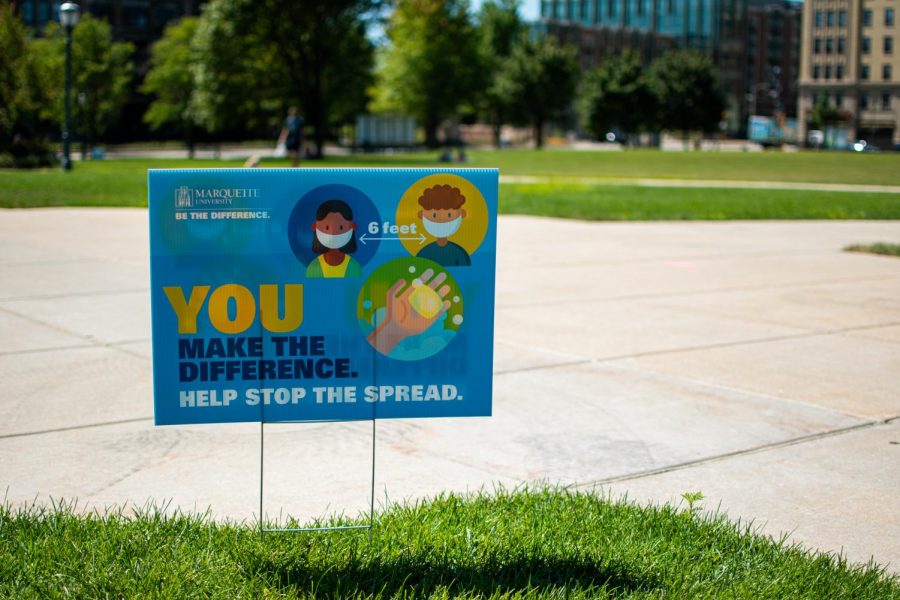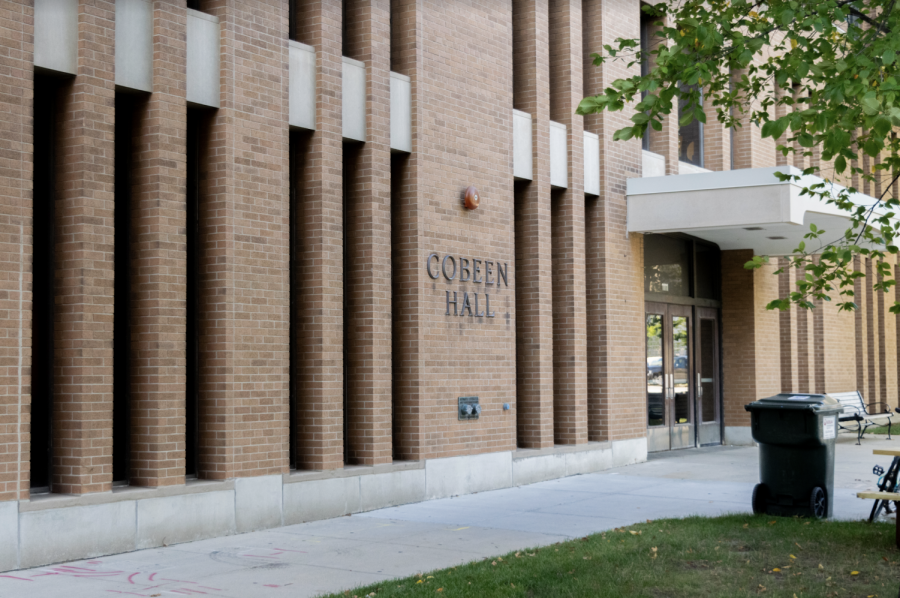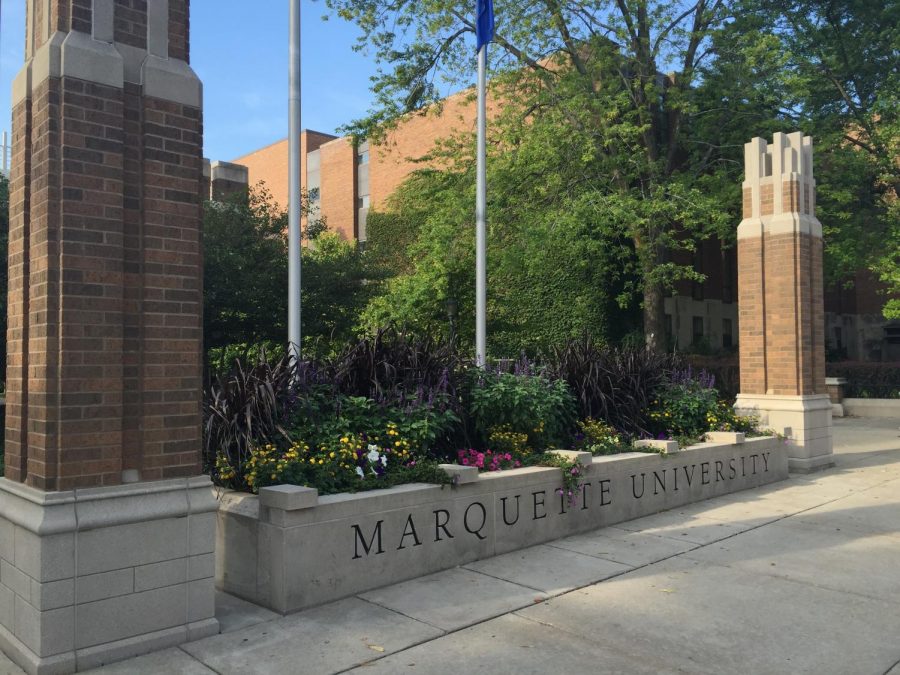Since January, six Marquette students have been diagnosed with mumps on campus, but the university would not comment if students suffering from mumps were vaccinated or not.
The first reported case came in a university-wide email Jan. 20. Another email with one more case went out Feb. 8 and yet another email with two more cases was sent Feb. 10. The university requires students to provide a proof of immunization of MMR (or measles, mumps and rubella) along with Varicella for chicken pox and a Tetanus and Diphtheria shot.
However, some students can be exempt from receiving required vaccinations for religious or medical reasons, according to the Marquette University Medical Clinic.
“While there are some students who can’t receive a vaccine for medical reasons and others who choose not to for religious reasons, these students are few and far between,” Carolyn Smith, executive director of the MUMC, said. “All students that request an exemption must first meet with one of our nurses to discuss their individual situation and the risks and benefits of vaccination and risk of disease acquisition. Depending on the outcome of that interaction, they may or may not be granted an exemption.”
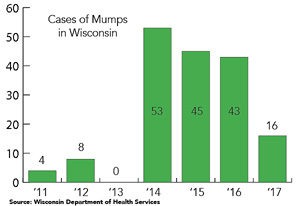
Smith emphasized while the MMR vaccine is not 100 percent effective, it goes a long way in helping to stop the spread of mumps. Smith declined to disclose which residence halls have been affected.
The Centers for Disease Control and Prevention reports that people who have received two doses of the MMR vaccine are about nine times less likely to get mumps than unvaccinated people.
Sabrina Peisker, a freshman in the College of Business who lives in Humphrey Hall, said, “My dorm has a lot of space and less people than other dorms … but I would be more worried if I lived in a dorm like McCormick because there’s less space and more germs and you’re always in close proximity.”
Mumps is spread from an infected person through coughing, sneezing, talking and occasionally through contact with saliva, according to Smith.
Part of the university’s follow-up procedure has been to contact students that may have been in contact with those who got sick, whether it was in a mutual class or living on the same floor in a residence hall. The email did not specify the students who had gotten sick or where they may have come into contact with them.
“Based on recent findings by the City of Milwaukee Health Department, it is possible that you have been around someone sick with mumps,” the email said. “Because of your possible exposure to someone with mumps, it is very important that you monitor yourself for signs and symptoms of mumps until March 15, 2017.”
Those who got sick were sent home and are not allowed to return to campus until they are cleared. All students and staff are being urged to check their medical records and make sure they are updated on their immunizations.
“After receiving this email, I was very concerned for my health. It was nice of the school to send this email out to all the students that might have been in class with this person with the mumps, but it was stressful receiving this,” said Natalie Quist, a freshman in the College of Nursing, who received the email.
The university’s email warned students on campus to be cautious and check to make sure they are not exhibiting signs of mumps, which include: swollen throat, swollen salivary glands, fever, nausea, headache and appetite loss.
Since November 2016, there have been 44 confirmed mumps cases in Wisconsin. 28 of the 44 people diagnosed with the mumps received two or more doses of the vaccine. Of the cases, 43 percent are female and 57 percent are male, the median age being 21 years old.
The CDC recommends to wash your hands often with soap and water, avoid sharing food or drinks and to frequently disinfect surfaces to avoid transmission.

